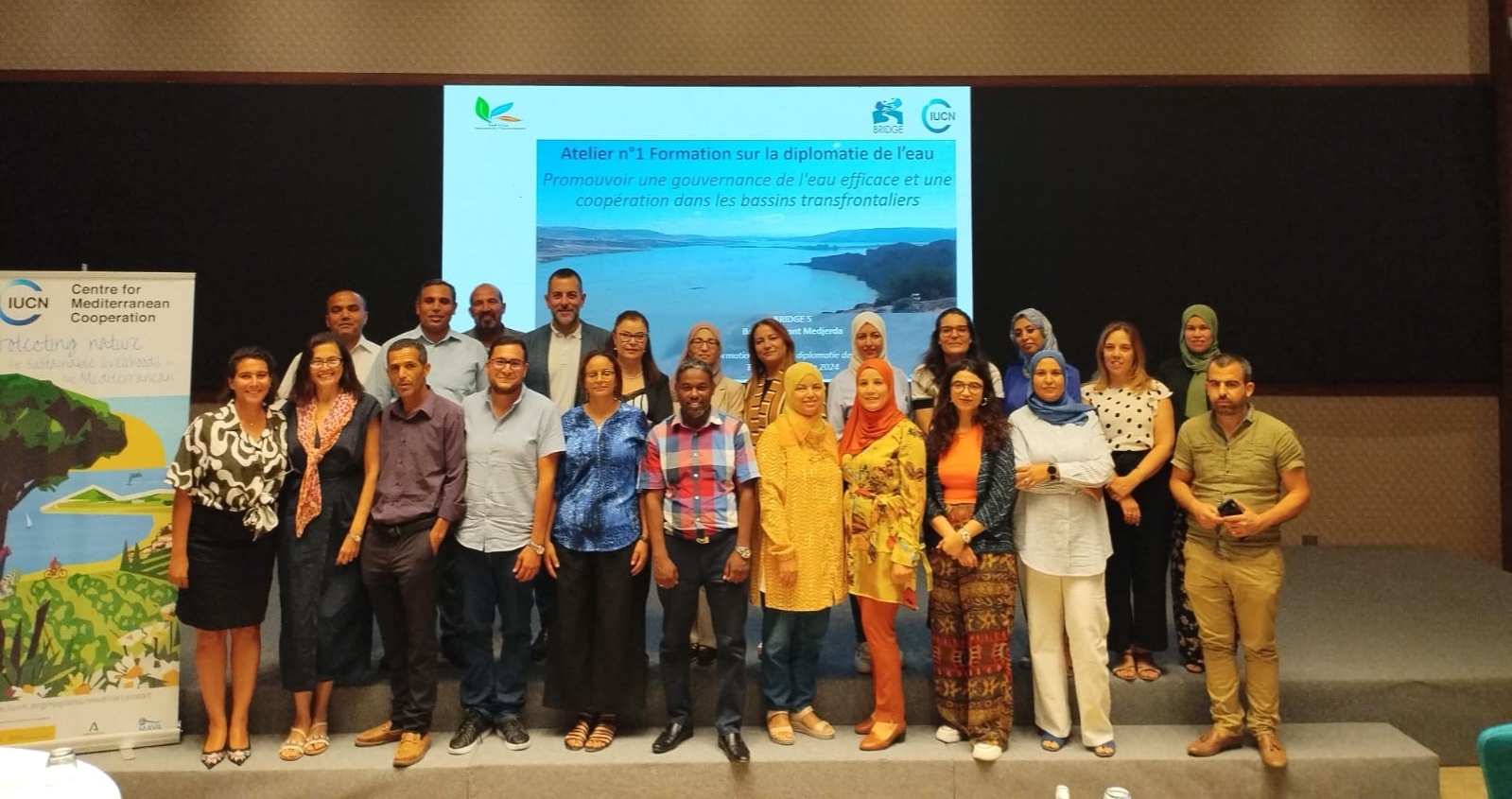A rights-based path for people and planet: realising human rights in the Post-2020 Global Biodiversity Framework
CEESP News: Helen Tugendhat, Forest Peoples Programme, on behalf of all contributing organisations.
As CBD COP15 opens in Montreal in December 2022, the question is not if a human rights-based approach to conservation is needed, but how such an approach should be integrated, and what amendments are needed. This new briefing is a guide to ensure the Post-2020 Global Biodiversity Framework (GBF) achieves its aim for humanity to live in harmony with nature.
A human rights-based approach to conservation and sustainable use of biodiversity is recognized as a necessary condition for stopping biodiversity loss and degradation in a manner that is equitable, effective, efficient, and transformative. It is an essential enabling condition for the resilience of systems of life, good health, and the use, management, restoration, and conservation of natural resources as an integral part of the way in which humans continue to live on our shared earth. Mounting evidence also reflects that only by partnering with, and recognising the leadership of, indigenous peoples and local communities can the ambitions of the GBF be realised.
As UN Biodiversity’s COP15 continues its negotiations in Montreal, the question is not if a human rights-based approach to conservation is needed in the Global Biodiversity Framework (GBF), but how such an approach should be integrated into the framework, and what amendments are needed to make it effective.
This new briefing, A Rights-based Path for People and Planet – prepared by the Human Rights and Biodiversity Working Group – serves as a guide to ensure the Post-2020 GBF achieves its aim for humanity to live in harmony with nature. It highlights what it will take to integrate a human rights-based approach (HRBA) and how it can be done to ensure an effective, inclusive, equitable and just implementation of the GBF and the achievement of its goals and targets, with many suggestions for text-changes proposed.
The briefing shows that it is critical that the GBF integrates human rights concerns into key goals and targets where specific human rights have direct relevance, such as Target 3, where a recognition of customary land and tenure rights can foster increased and improved conservation outcomes.
The briefing proposes explicit and precise wording changes in Target 3 and multiple other Targets in the GBF text to ensure that human rights are protected within them. This specific approach is vital, as a general reference to human rights principles (for instance, in Section B.bis) is insufficient to guarantee accountable and inclusive implementation of the Framework.
In addition, the GBF needs a well-developed and agreed monitoring framework, including indicators that appropriately monitor, track and report on how human rights are realised within conservation targets. Although it is unlikely that this monitoring framework will be finalised in Montreal, the adoption of headline indicators that can track and monitor human rights impacts and outcomes will be needed. Contributing organisations to this briefing intend to release a follow up briefing with recommendations for the Monitoring Framework, and to work on human rights-specific indicators during these negotiations.
Please reach out to any of the contributing organisations (listed in the briefing) to find out more or to support this important work through the December negotiations and beyond, into implementing the GBF that results.



